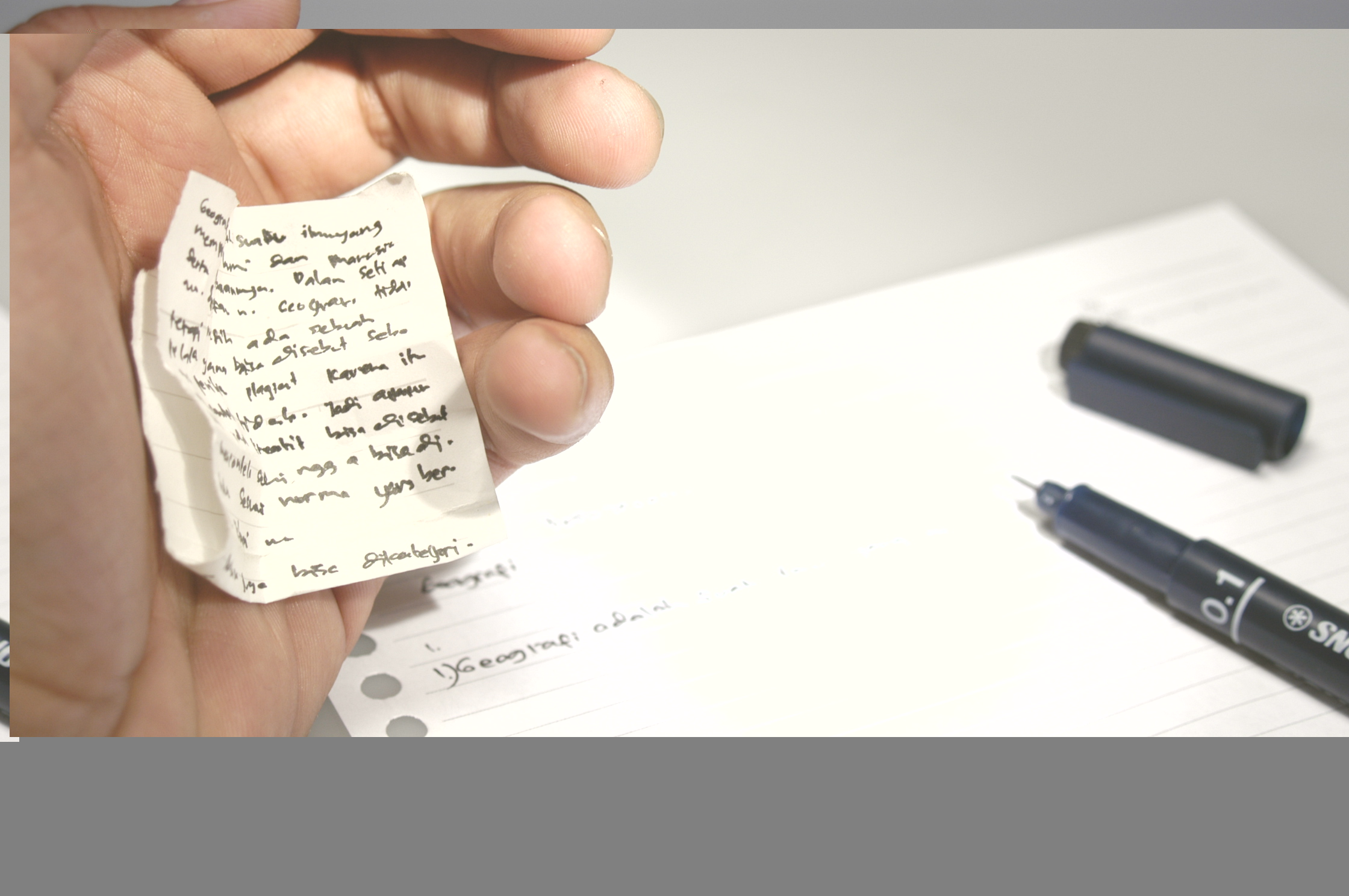The number of cases of cheating in exams at the University of Sussex last year is more than half the figure it was the previous academic year.
In a Freedom of Information request, it was revealed the number of recorded cases of academic misconduct in formal examinations has reduced from 18 in 2012-13 to seven in 2013-14.
Education Officer Bethan Hunt said: “It is really positive that cases of academic misconduct have been reduced.
“But I would call on the University to continue to improve their practices. The majority of cases I have experienced of misconduct are down to poor communication.
“Lecturers will discuss academic misconduct during induction week but students are bombarded with information at this time so it is unsurprising that they will not remember all of these details.
“Similarly, the University has a policy of allowing students to join the University up to four weeks late so it is crucial that the University has a mandatory catch up week, which it currently does not have.”
The number of major cases of exam cheating has increased from one in 2012-13 to three in 2013-14, while the number of minor cases has reduced from 17 to four.
Instances of both major and minor cases of academic misconduct involved students bringing notes into the examination rooms with them.
The majority of minor cases were found to be ‘no case to answer,’ meaning the student was acquitted from the proceedings against their conduct. The others involved the students being issued with a caution but not penalised further.
In the major cases, students had their test marks reduced to zero.
One student was recorded as a major case for looking around the room and at his fellow classmates but the case was not upheld and no penalty was issued.
Hunt and Communications Officer Michael Segalov sit on the Academic Misconduct Task and Finish group, a University committee which focuses on providing improvements for academic misconduct.
Hunt added: “Our core focus, and something that will change for next year is renaming this whole process as academic integrity and not misconduct, to promote a positive approach to these issues rather than being like Big Brother and shouting at people.”
Plagiarism at the University has shown a different trend. In 2012-13, there were 122 recorded instances with the majority, 106 cases, being first time plagiarism.
The remaining 16 were major instances of plagiarism which have to be referred to a misconduct panel.
The following academic year, the number of cases had risen by 12 to 134. Of these cases, 112 were first time and 22 were major.
The marks for the first time instances of plagiarism were reduced by markers to reflect the extent of the plagiarism. Students were interviewed by their module convenors and referred to an academic workshop.
In the majority of major cases, assessment marks were reduced to either the bare pass mark, 30 per cent or zero.
In one case from 2013-14, a student’s mark for the whole module was reduced to zero and the final grand mean was reduced by 2.5 per cent.
Another extreme case from the previous academic year a student was disqualified. According to the University of Sussex Examination and Assessment Regulations Handbook 2013/14, this means the student will have been found guilty of a second offence of misconduct.
A University of Sussex spokesperson said: “We have very few cases of students cheating in exams each year but when they are detected, they are dealt with as major misconduct cases.
“In terms of plagiarism, our aim is to help students to develop good practice in referencing as academic integrity is central to our student experience at Sussex. Several years ago we changed our misconduct system to refer first offences, excluding dissertations, to academic practice workshops which has been a very successful educational approach.”

